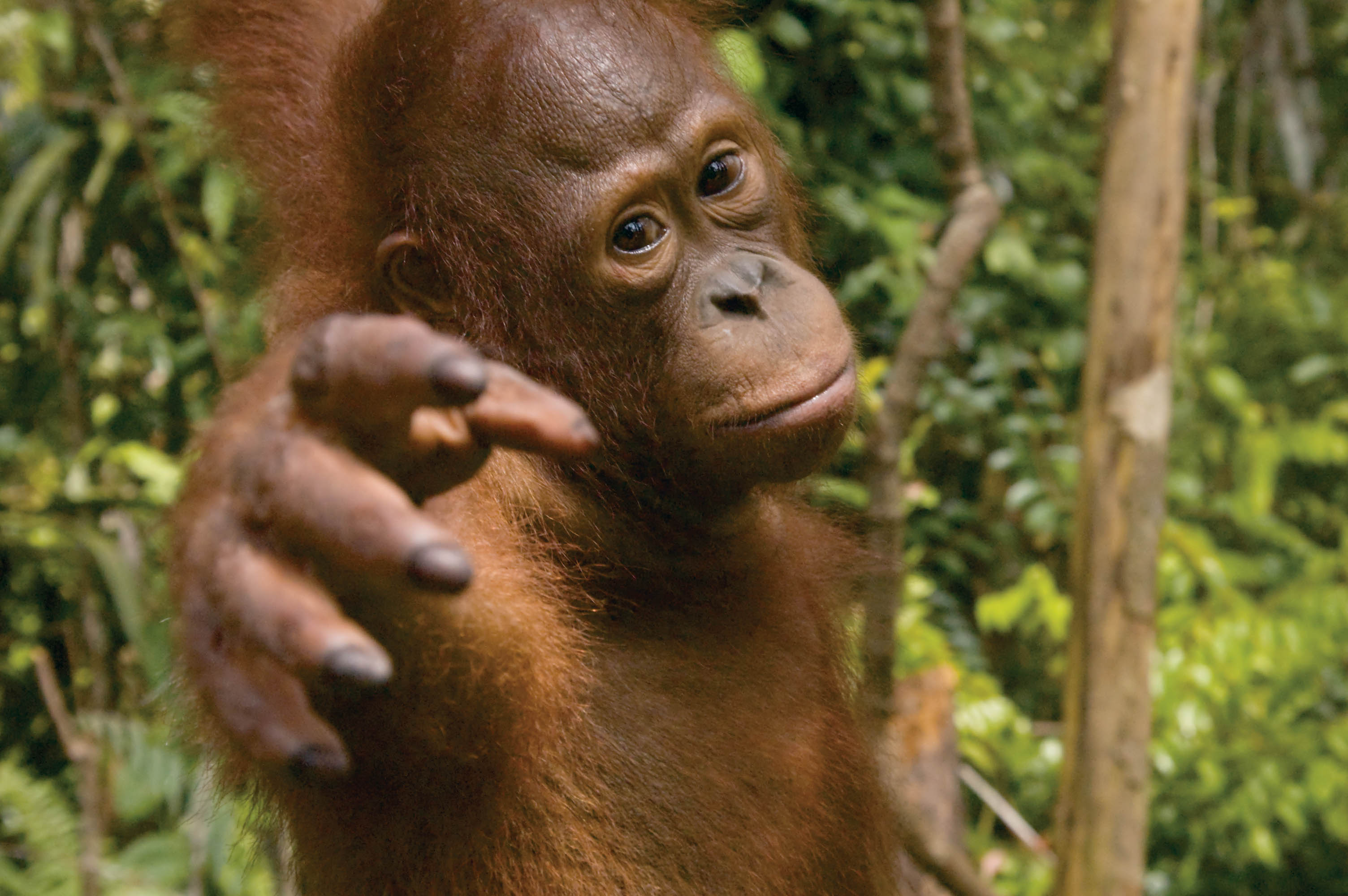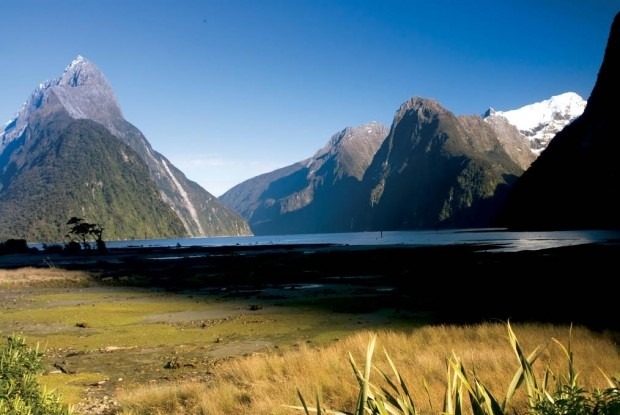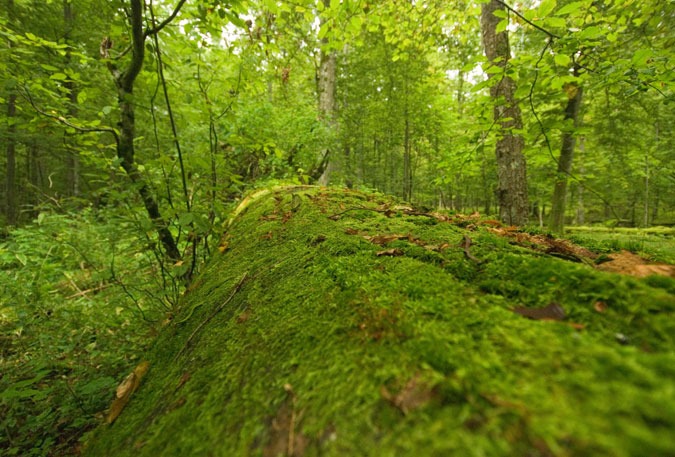It is by no means the first time that a nation has narrowly voted to ensure that the world remain somehow inconceivably flat, ecologically speaking. History is replete with one mass delusion triggered by inner demons after another; of a variety of terrors unleashed on those who remain incredulous that there are so many stark conceptual differences between members of one species.
However, history’s lesson in this regard unambiguously recommends, indeed embraces patience and compassion and is often itself surprised by extraordinarily robust ripple effects; whether more membership in conservation groups than ever before, and a far greater responsibility taken on by NGOs and NGIs (Non-Government Individuals). This was certainly the case in the wake of both the first (1992) and second (2012) United Nations Rio Summits.
It was also the global response to a very mixed United Nations International Conference on Population and Development (ICPD) in Cairo in September 1994. At that time, many blamed the Vatican for interfering with progress on desperately needed international family planning advances. None would have predicted that a few decades later, a Pope would enshrine an encyclical devoted to climate change, although the family planning portion of the equation remains a sticking point with Vatican policies. But then, in other Christian circles that exerted paradigms of lasting consequence, there had been scientifically-respectful precedents, most notably the 202nd General Assembly in 1990 of the Presbyterian Church of the USA releasing a powerful 118-page document, Restoring Creation for Ecology and Justice.
What history shows us time and again is that while people can rally behind blunt opinions born of nothing but attitude and angry orientations, facts – scientific data, real-time ecological boundaries – are not owned by political parties, and nature does know best, dispensing brutally or softly with the noisy but ultimately trivial denials of Homo sapiens; positioning a living biosphere’s priorities without regard to the disruptions, however grim, by one species’ internecine distractions and machinations.

The Anthropocene has already declared itself in heartbreaking ways and the majority of the nearly 7.4 billion humans co-habiting this miraculous planet with far more than ten million other species, and trillions of other individuals, are only too aware of it. Those who continue to deny it (or even refuse to look up the word) will not be spared the impact. None of us will be, but the important point to parse here is that in the wake of a political upset, conservationists, scientists of all persuasions, educators and activists, and those particularly devoted to applied ethics and non-violence in all their guises, are given this day a striking reminder of just how much work there is to do; and that no political party should be ceded our own personal responsibilities towards Earth. It is solely up to us.
The virtual obsolescence of the U.S. Green Party in this November 8th, 2016 U.S. election; the continuing crisis of Standing Rock, and an endless litany of all our assaults that are collectively, moment-by-moment escalating across the planet make it abundantly clear that individuals have been called to endeavor like never before – not just a call to worship, but an overwhelming cry for great science, environmental and ethical activism. Each of us must remember that we are truly empowered as individuals, and that with this calling must necessarily arise a soulful humility that declares: the biosphere is depending on this generation to get it right. Each one of us, working together as a team.

There is nothing new in tumultuous politics. What is new is the science of the Anthropocene; the power of tens-of-thousands of NGOs throughout the world to combat it; of hundreds-of millions of vegetarians and vegans; of treaties like the most recent success regarding the Rwanda HFC Climate Treaty; and of individual consumers who are aware like never before of their individual ecological footprints and what steps they must take personally and daily to delimit their impacts, soften their blows, make sensible choices regarding life forms directly and indirectly all around them. These are not merely bland quixotries but the tried-and-tested realities of activism.
Conservation is teamwork that has typically achieved great moments through the mechanism of odd moments: last minute executive orders to enshrine national parks and monuments; vast oceanic no-kill zones; legal decisions giving standing to other species, as with the Lacey Act of 1900 for wildlife sanctions, or the Wilderness Act of 1964.
As we all wake up to the consequences confronting the American and global problematiques, and with the U.S. Supreme Court exposed like never before to the vicissitudes of party politics, let us remember the rousing words of former Chief Justice William O. Douglas:
“The ordinary corporation is a ‘person’ for purposes of the adjudicatory processes, whether it represents proprietary, spiritual, aesthetic, or charitable causes. So it should be as respects valleys, alpine meadows, rivers, lakes, estuaries, beaches, ridges, groves of trees, swampland, or even air that feels the destructive pressures of modern technology and modern life. The river, for example, is the living symbol of all the life it sustains or nourishes – fish, aquatic insects, water ouzels, otter, fisher, deer, elk, bear, and all other animals, including man, who are dependent on it or who enjoy it for its sight, its sound, or its life. The river as plaintiff speaks for the ecological unit of life that is part of it. Those people who have a meaningful relation to that body of water – whether it be a fisherman, a canoeist, a zoologist, or a logger – must be able to speak for the values which the river represents and which are threatened with destruction….The voice of the inanimate object, therefore, should not be stilled.” (*See, The Palgrave Environmental Reader – Richard G. Newman, Daniel S. Payne, Palgrave/Macmillan, New York, 2005, p.206)

So too, our voices and hearts will never be stilled. The challenges of the Anthropocene are in us, in front of us, all around us, and it is within our grasp to continue to collaborate, even with our own demons, in order to ultimately, but expeditiously strive to ameliorate the suffering of all. I remain more hopeful than ever.
Dr. Michael Charles Tobias | President, Dancing Star Foundation
The views and opinions expressed through the MAHB Website are those of the contributing authors and do not necessarily reflect an official position of the MAHB. The MAHB aims to share a range of perspectives and welcomes the discussions that they prompt.
